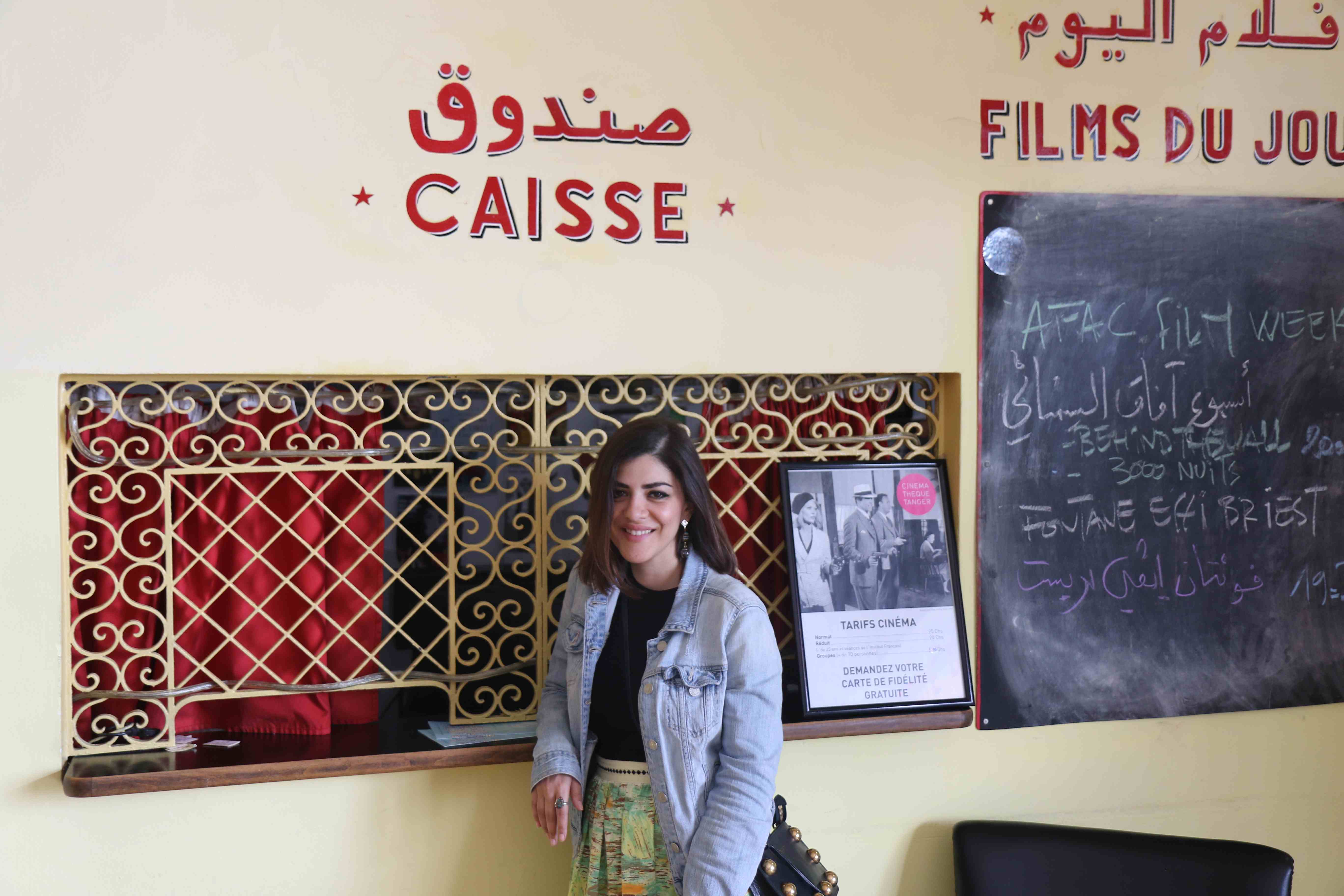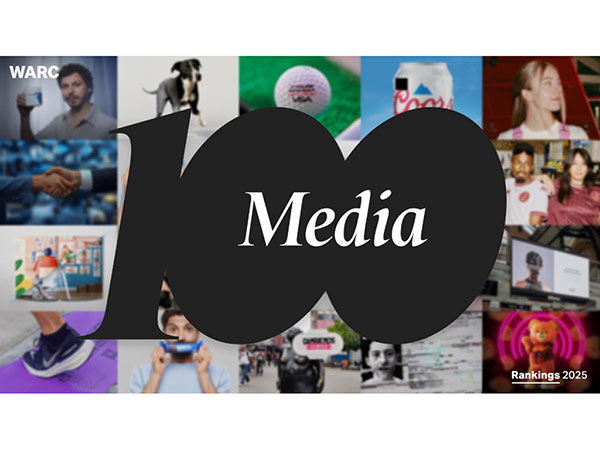News - Advertising
Millennials’ Take on the Corporate Ad World
October 16, 2017

“I believe back in the day there was a great sense of pride, self-worth and accomplishment working in big corporations,” says Lana Chukri. “Now, this simply isn’t the case. Meet anyone in a suit and tie, and you feel the stereotype is that they are rich, pompous, boring, overworked, exhausted people. Nobody wants to be that person.”
Arguably the biggest problem facing the advertising industry today is its inability to attract and retain young talent. Those 20somethings and early 30somethings who believe agencies have become workhouses devoid of humanity, peddling systems heavily rooted in fear.
People such as Chukri, a freelance art director and designer based in Beirut, and Luz Salem Villamil, pop ups manager at Cinema Akil in Dubai.

“I left big agency life because I felt there was very little I could do to utilise my strengths as a creative, with the limitations on creative work and the mentality of saying ‘yes’ to absolutely everything a client wants for fear of losing that client.”—Lana Chukri, freelance art director / designer
According to a 2016 survey by Deloitte, millennials (a generational term rejected by most it applies to) express little loyalty to their employers, with many having one foot out of the door. The reasons for this are numerous, but at the heart is a belief that “the success of a business should be measured in terms of more than just its financial performance”. Indeed, most feel that the majority of businesses have no ambition beyond profit, even if they do believe that much of the business world has a positive impact upon wider society.
Attracting (and retaining) talent to an advertising industry that has become increasingly corporate is therefore an uphill struggle. Some would say an almost impossible task.

“Advertising has lost its mojo; it lacks the cultural impact it once seemed to have and amongst millennials materialism is rejected rather than celebrated.”--Seyoan Vela, regional executive creative director at Livingroom
A culture of misery
“Advertising has lost its mojo,” admits Seyoan Vela, regional executive creative director at Dubai-based agency Livingroom. “It lacks the cultural impact it once seemed to have and amongst millennials materialism is rejected rather than celebrated. At worst, advertising has become corporate and the people we want in the industry who reject working in a corporate environment will reject working in advertising. Conversely, the people we want in advertising who would feel comfortable in a corporate environment will get a better offer from plenty of other corporations.”
It is all far removed from the days when agencies were largely private and founder owned, and strived not just for profits, but for creativity and an enjoyment of the working environment.
“I left big agency life because I felt there was very little I could do to utilise my strengths as a creative, with the limitations on creative work and the mentality of saying ‘yes’ to absolutely everything a client wants for fear of losing that client,” says Chukri. “The patriarchal hierarchy meant mostly having to kiss ass, sweet talk, forget all kind of personal life, work gruelling hours with very average pay in order to make it to your next promotion (with salary bumps that weren’t that exceptional). Leaving the office on time was frowned upon… with superiors making you feel guilty for having a life, or any extracurricular activities.
“In some tech companies most extracurricular activities are not only encouraged, but mandatory. They believe in nurturing their employees with workshops, work trips for cultural events, talks and so on. The old ‘dinosaurs’, however, have yet to develop this work culture and ethic, making everyone miserable. And working in misery creates projects, ideas and outcomes that are, well, miserable.
“The blame then trickles down from the management to the employees, making their employment feel threatened, as though the [fact that the] work is suffering is due to lack of commitment and dedication from the teams – which just stunts productivity and motivation even more, resulting in tons of resignations.
“Instead of nurturing long-term employees, the corporate world is just ‘out with the old, in with the new’, firing and resigning their older staff, and instead hiring young fresh graduates for little pay and less demands, who eventually end up quitting just the same in three to five years due to the same reasons.”

“I felt bureaucracy was stifling creativity. In my experience, ideas did not take off the ground very quickly, decisions had to be checked, and pre-checked, and re-checked and then go through a round of approvals, and this process affected my motivation and desire to even pitch ideas that I thought could have a positive result.”-- Luz Salem Villamil, freelance marketing consultant
Luz Salem Villamil, who is also a freelance marketing consultant, left big agency life almost two years ago. “I felt bureaucracy was stifling creativity,” she says. “In my experience, ideas did not take off the ground very quickly, decisions had to be checked, and pre-checked, and re-checked and then go through a round of approvals, and this process affected my motivation and desire to even pitch ideas that I thought could have a positive result. Corporate politics, excessive admin and strict rules on working hours and working venues were a big part of it too.
“For instance, I don’t believe there is any correlation between your productivity and your work station. Sometimes the brain needs a rest from that cubicle, from that environment, and there’s not enough flexibility yet in that respect in a lot of corporate environments, even within the creative industry. There is not enough trust that one would deliver if one is not closely watched in an office setting.”
Ironically, much of today’s advertising asks consumers to re-evaluate their lifestyle decisions, telling them to break free, to reconsider their priorities, and to live a fuller life. Yet “in reality the corporations themselves don’t apply those experiences and culture to their own workforce” says Chukri. “Living the lie at times isn’t worth the prestige that comes with working for a big name.”
According to a study by the American Association of Advertising Agencies and LinkedIn last year, turnover in the advertising industry is higher than in any other related industry. Although compensation was cited as an issue, it was not the main one, with lack of opportunity for advancement the biggest problem.
More enticing careers
Meanwhile, tech companies, start-ups and internet giants are offering far more enticing careers. They also appear to be more in sync with a spirit of entrepreneurialism and social consciousness that many younger people identify with.
Some agencies are attempting to change, concentrating on culture and creating an environment in which employees feel they can thrive and do great work, but the reality is that holding companies by their very nature are corporate.
“It’s very hard to pretend anything, however hard you may try to come across as free-spirited and independent,” says Vela. “There is a lot of top-down control and that is essentially everything that millennials are trying to escape. Combined with advertising being a dirty word to most, it is a massive challenge.
“But then agencies have usually thrived on massive challenges for their clients. It’s never too late. If they can successfully re-invent themselves as masters of content, of experience and entertainment, then they will again attract talent. But that’s a big ask and a big but.”
For now, more and more will continue the exodus to tech companies, or opt for start-ups and the world of freelancing.
“I’m not going to lie, it hasn’t been easy,” admits Chukri. “But it has been gratifying, in ways which I didn’t feel working at an agency. Do I get broke sometimes? Yes. Do I get lonely working at it mostly on my own? Yes. Do I get scared? Every day. But I fight the fear and get up and face a new day, set a new goal, book a meeting with a new potential client, or prospective project. If I mull things over, I forgive myself and move on. I allow my mental health days to check out and accept when I am unable to be productive.”
Would she consider a return to network agency life?
“If you find me a network that understands that creativity is best inspired through open communication, understanding and consistent nurturing through cultural exchange via work benefits (i.e. workshops, training programs, courses, talks, trips so on), then I’m onboard,” she replies. “There is nothing better than working in a company that feels like a constant learning experience and in turn makes me feel grateful and motivated enough to want to give them your absolute 110 per cent day in and day out.”







.jpg)






